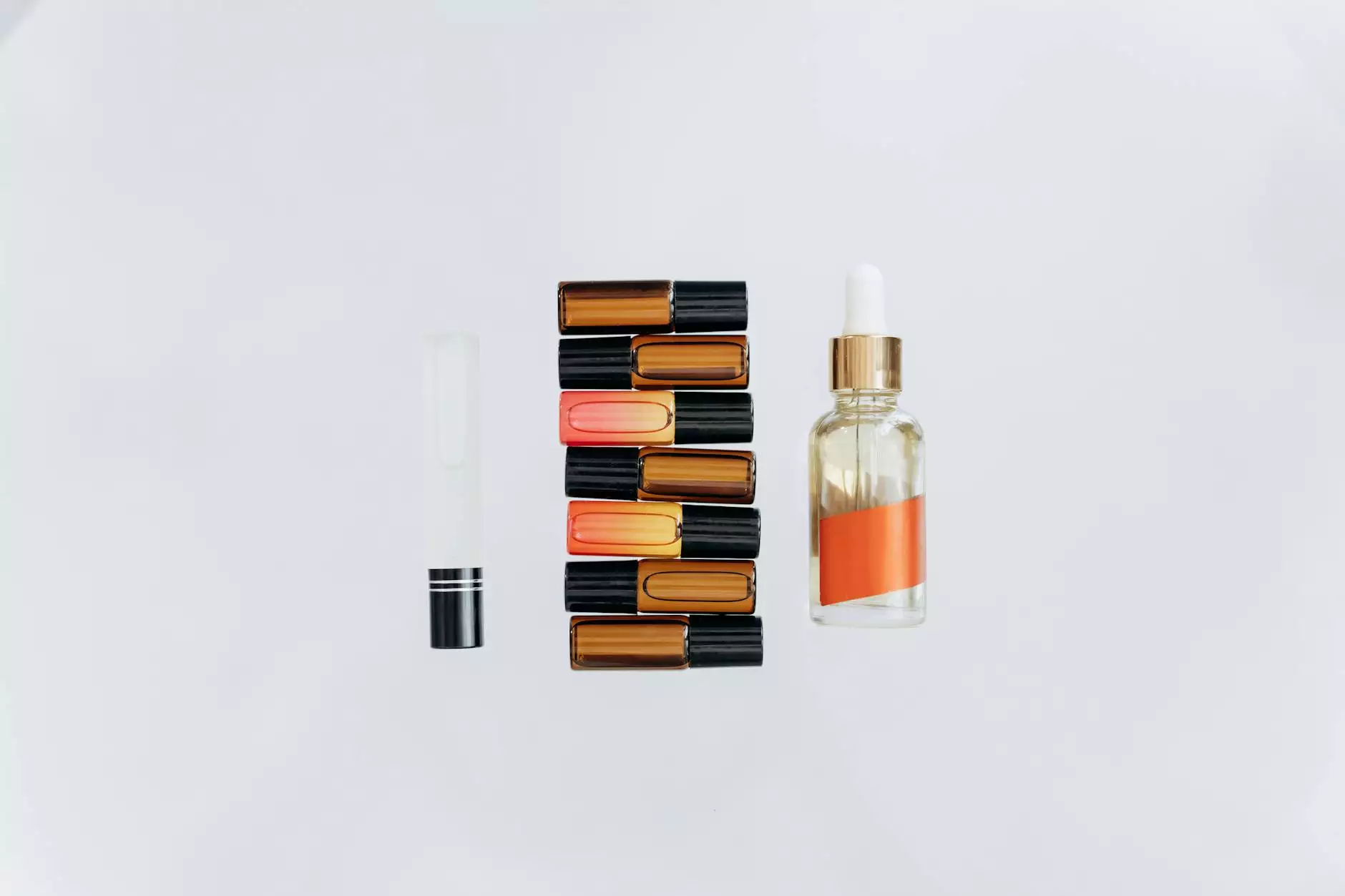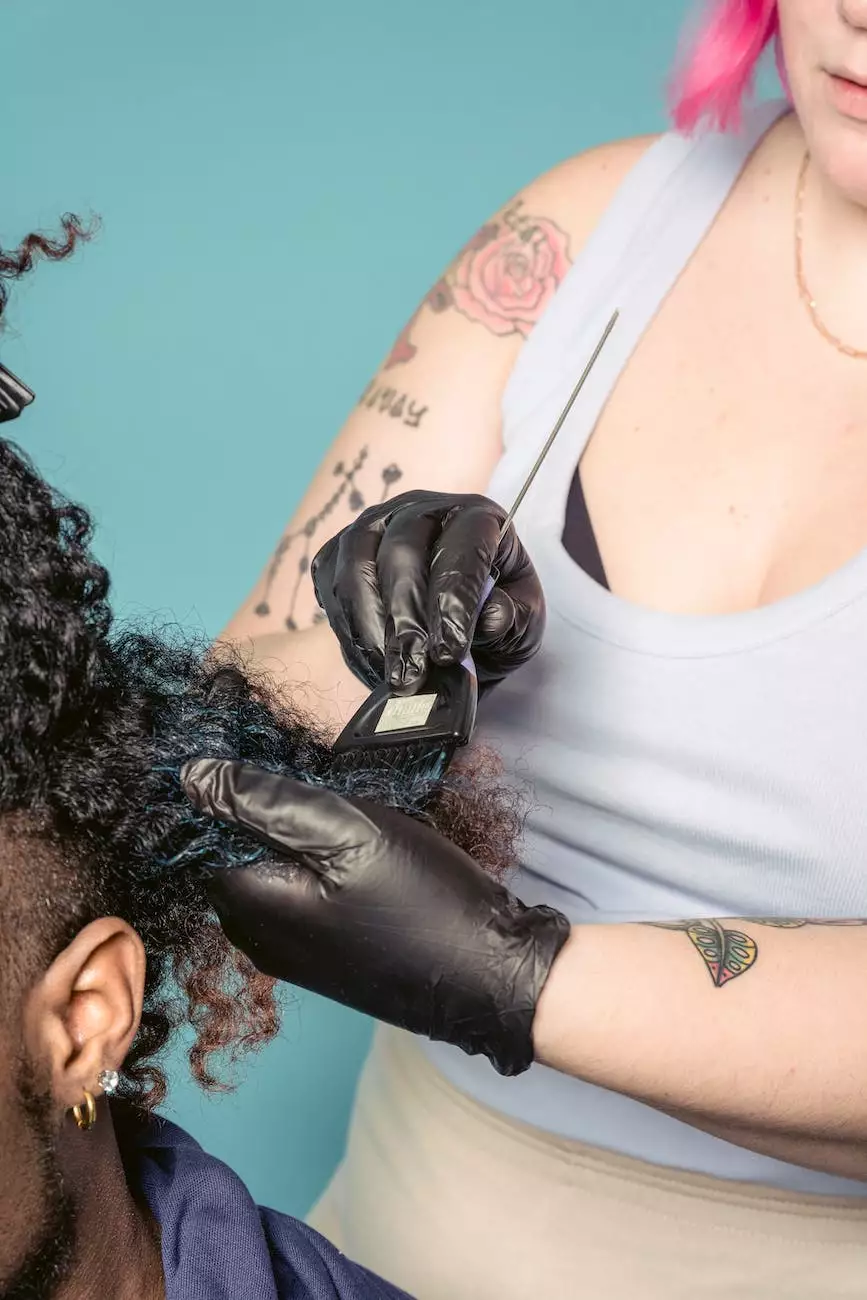Post-Operative Care after FUE and FUT Hair Transplants

Introduction
As you embark on your journey towards a full head of hair through FUE (Follicular Unit Extraction) or FUT (Follicular Unit Transplant) hair transplant techniques, it is crucial to understand the importance of post-operative care. Post-operative care plays a significant role in ensuring proper healing, minimizing complications, and achieving optimal results.
At Foley James D MD, We Prioritize Your Recovery
At Foley James D MD, your well-being and satisfaction are our top priorities. We specialize in hair transplant procedures, and our team of experts is committed to providing you with the highest level of care throughout your journey, from pre-operative consultations to post-operative recovery.
The Importance of Post-Operative Care
Post-operative care is essential for a successful hair transplant outcome. It promotes proper healing, reduces the risk of complications, and ensures that your new hair grafts have the best chance of thriving. Following your surgeon's instructions diligently will significantly impact the final results.
Post-Operative Care Guidelines
Here are some crucial post-operative care guidelines to aid in your recovery:
1. Follow Your Surgeon's Instructions
After your FUE or FUT hair transplant, your surgeon will provide you with specific post-operative care instructions tailored to your individual needs. It is vital to follow these instructions meticulously to ensure optimal healing and hair growth.
2. Keep the Transplant Area Clean
Maintaining cleanliness in the transplant area is crucial for preventing infections and promoting healing. Gently wash your scalp as per your surgeon's instructions to keep it clean, being careful not to disturb the grafts. Use a mild, non-abrasive shampoo recommended by your surgeon.
3. Protect the Transplant Area
Avoid touching or rubbing the transplant area excessively, especially during the initial healing period. Protect the grafts from direct sunlight, extreme temperatures, and physical trauma by wearing a loose hat or using a recommended SPF sunscreen.
4. Minimize Physical Activity
Engage in light activities for the first few days after your surgery. Avoid strenuous exercises, heavy lifting, and activities that may lead to excessive sweating. Following these precautions will help prevent complications and allow for a smooth recovery.
5. Take Prescribed Medications
Depending on your specific needs, your surgeon may prescribe medications to aid in your recovery. Take these medications as instructed, including any pain relievers, antibiotics, or anti-inflammatory drugs. Be sure to follow the recommended dosage and schedule.
6. Follow a Nutritious Diet
A well-balanced, nutritious diet plays a vital role in promoting healing and hair growth. Consume a diet rich in vitamins, minerals, and proteins to provide your body with the necessary nutrients it needs to support the healing process.
7. Avoid Smoking and Alcohol
Both smoking and excessive alcohol consumption can hinder the healing process and negatively impact hair growth. It is highly recommended to avoid smoking and limit alcohol intake during your post-operative recovery period to maximize your results.
8. Attend Follow-Up Appointments
Regularly scheduled follow-up appointments with your surgeon are crucial for monitoring your progress and ensuring a smooth recovery. Attend these appointments as advised and discuss any concerns or questions you may have with your surgeon.
Conclusion
Proper post-operative care is essential for the success of your FUE or FUT hair transplant. By following your surgeon's instructions, keeping the transplant area clean, protecting it from potential harm, and maintaining a healthy lifestyle, you maximize your chances of achieving the desired results. At Foley James D MD, we are committed to providing comprehensive guidance and support during your recovery process, enabling you to enjoy the full benefits of your hair restoration procedure.



